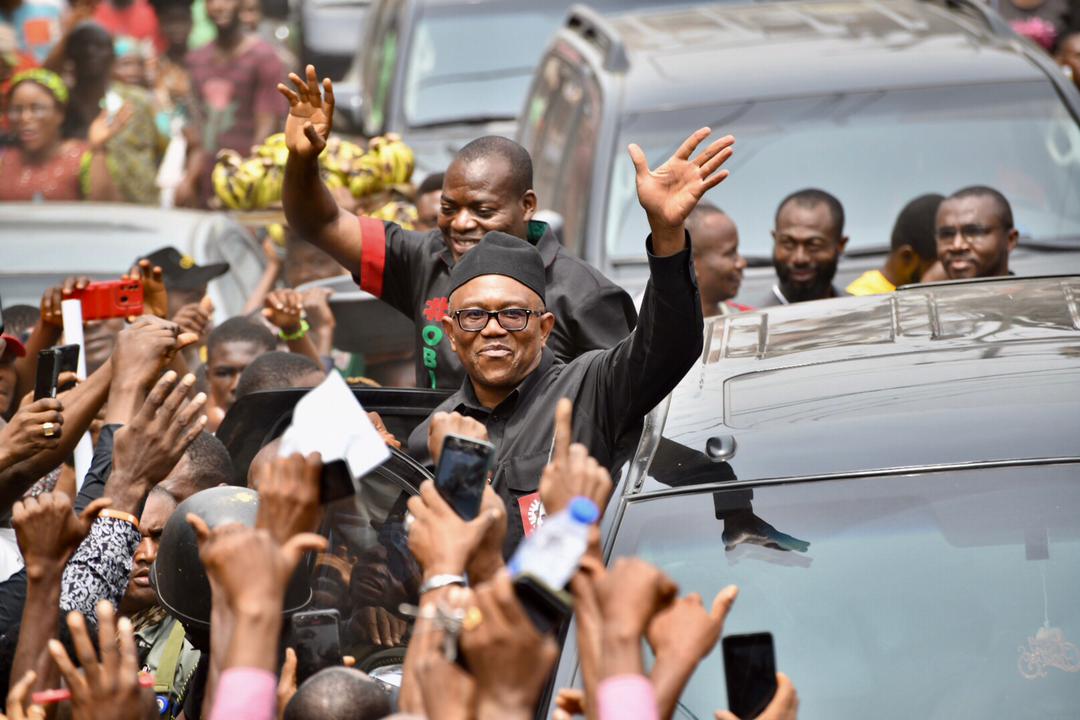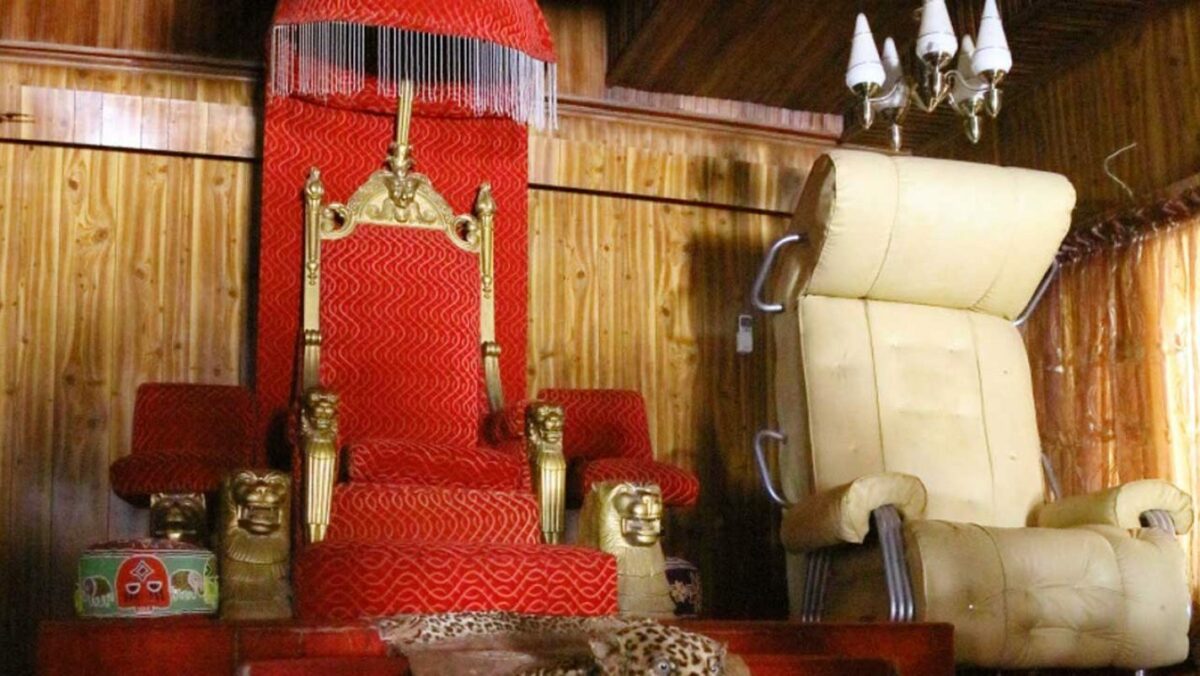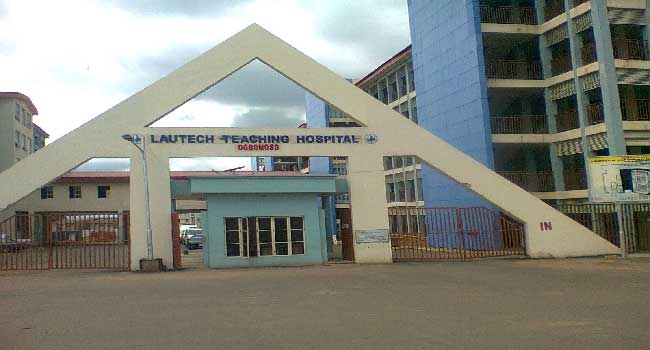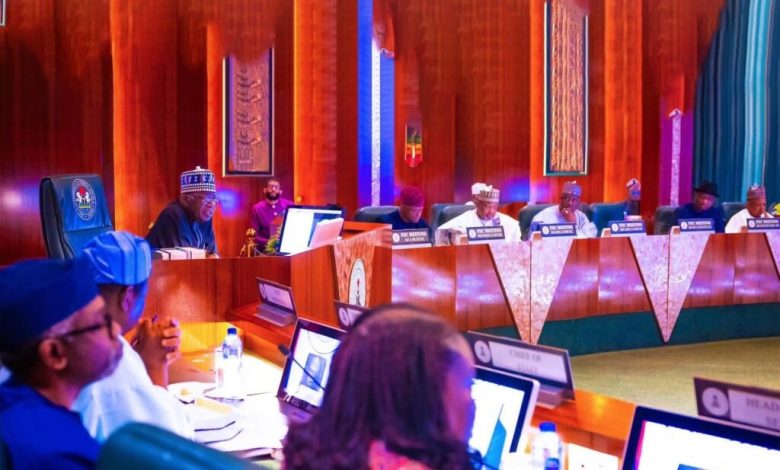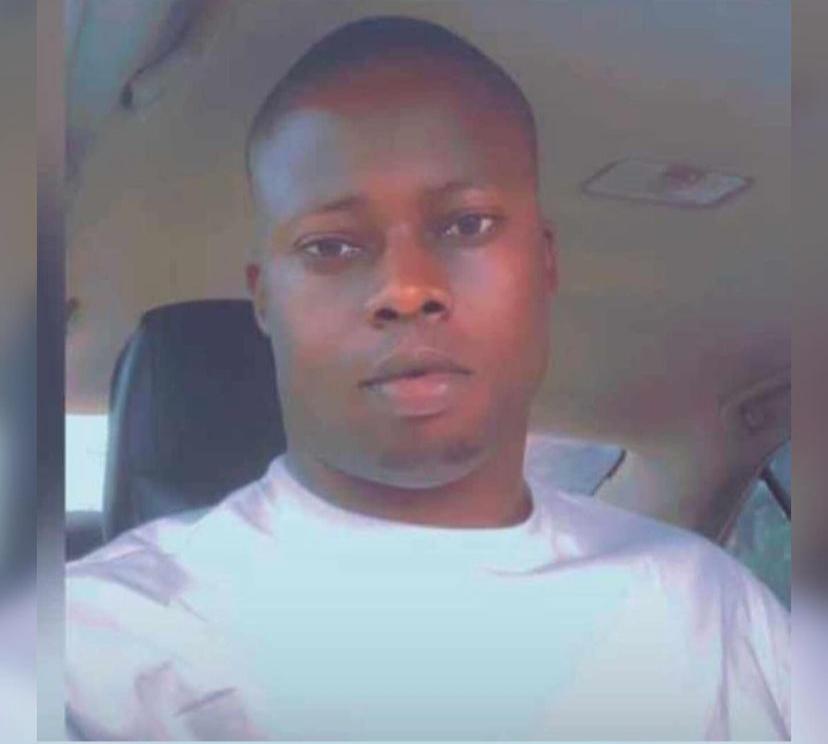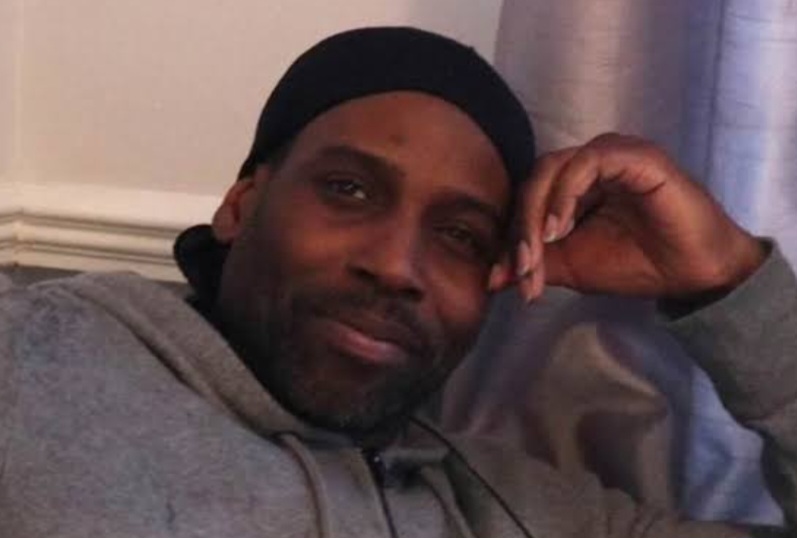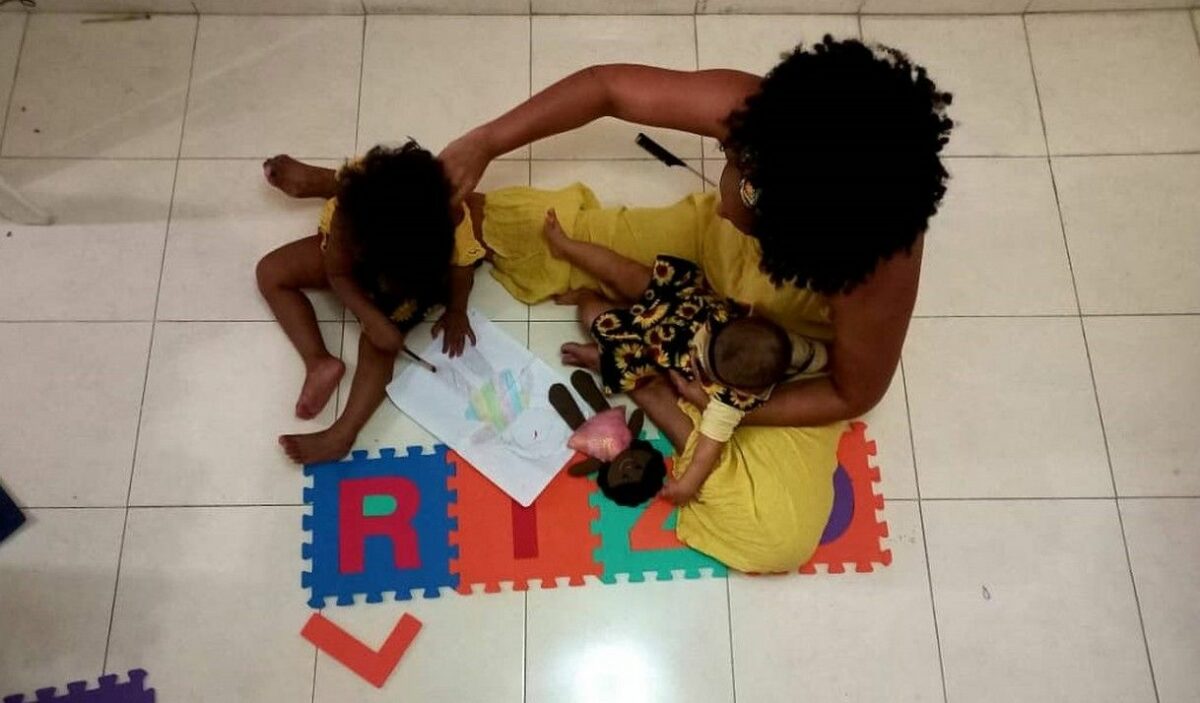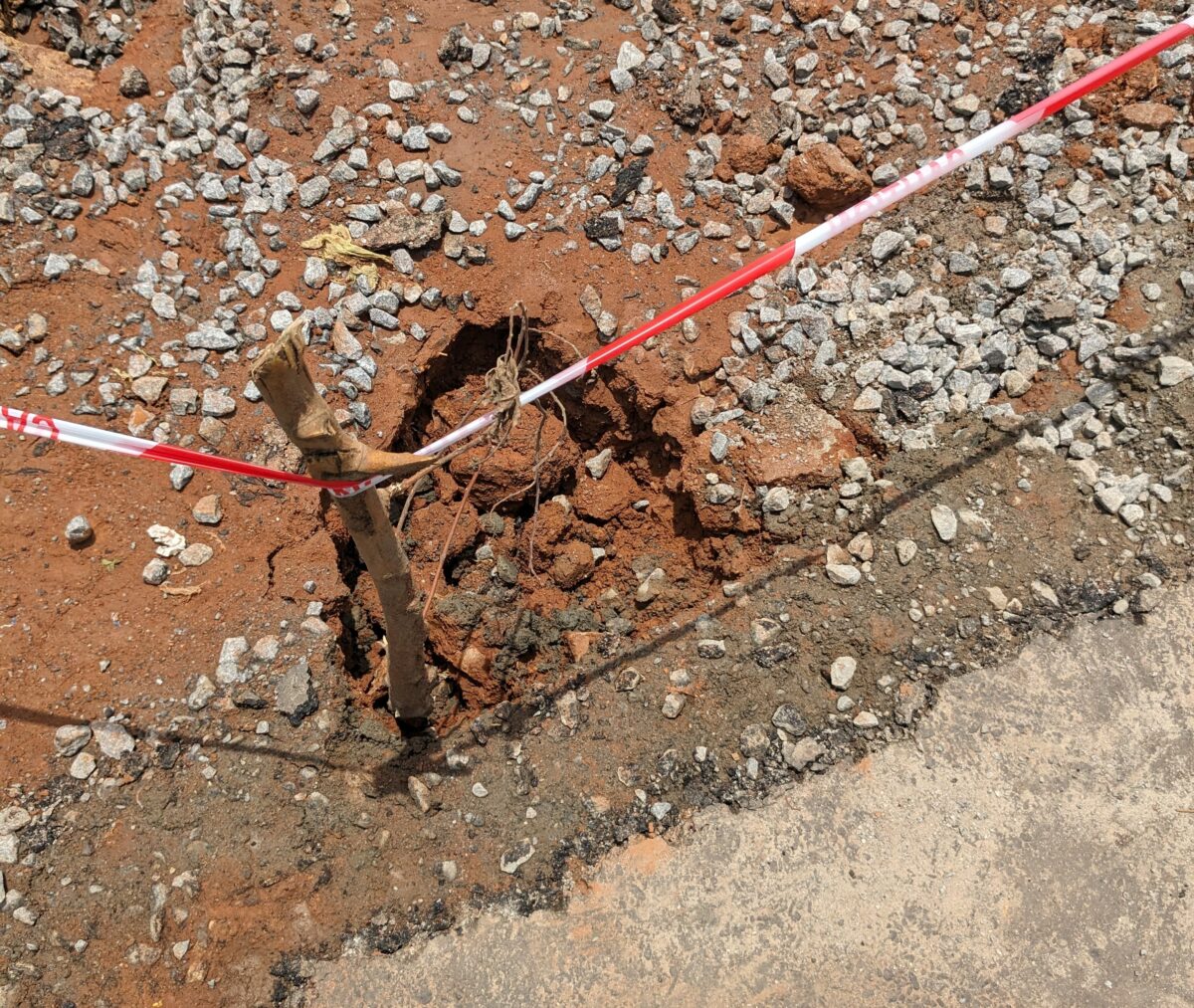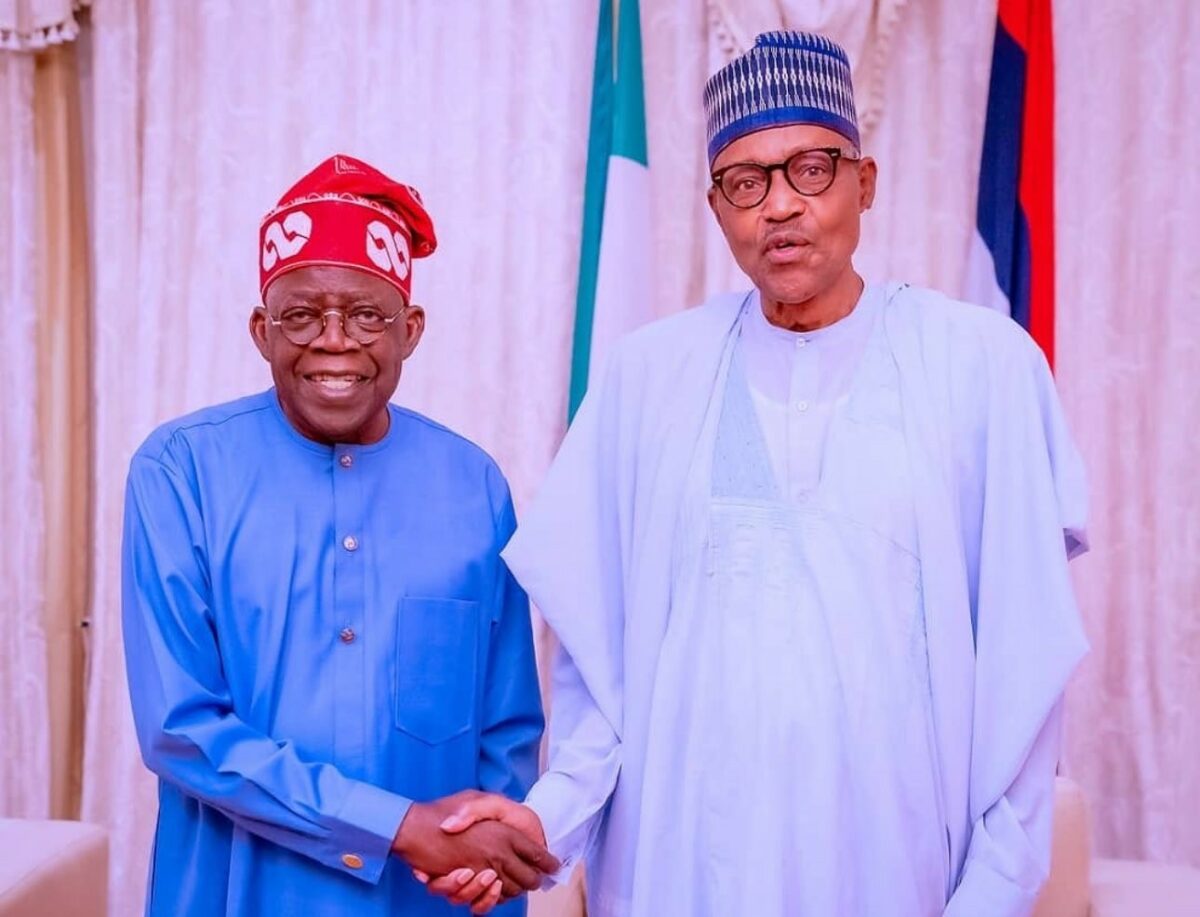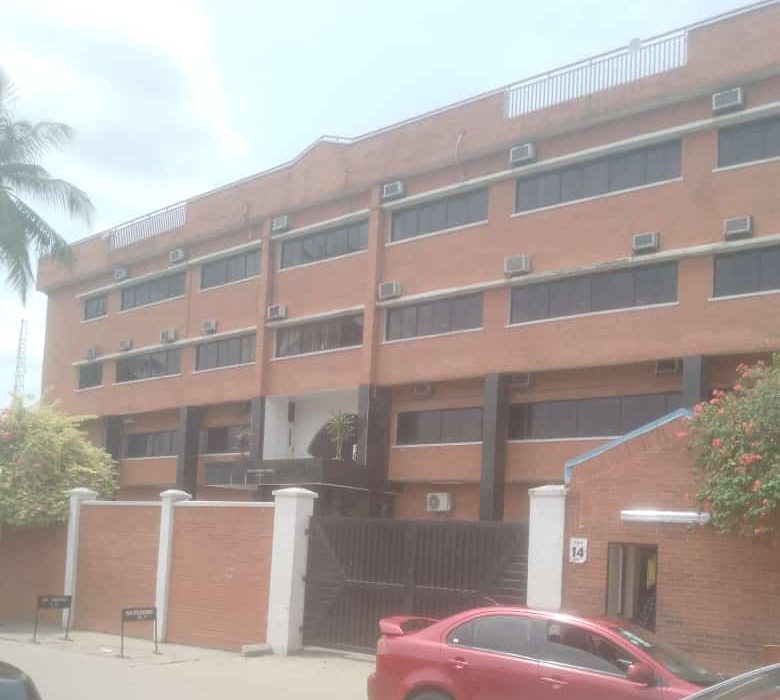Editor’s Note: This piece was orginally written for Al Jazeera
If the Nigerian presidential election is held one year later than scheduled, perhaps Peter Obi, candidate of the Labour Party (LP), wins outright. He is the candidate with the biggest momentum going into Saturday, but it looks increasingly unlikely that it will be enough. Win or lose, Obi’s position after the ballot would have been such a remarkable rise to contention in a matter of months. This was never meant to be the case.
One year ago, the election had all the markings of a contest between two old warhorses: Atiku Abubakar of the Peoples Democratic Party (PDP) and Bola Tinubu of the ruling All Progressives Congress (APC). Tinubu had been eyeing the presidency since forever, strategically working his way to the front of the queue over more than two decades. Atiku, meanwhile, has made it his one last life mission, hopping from party to party, prostituting himself nearly every election cycle in search of the presidential ticket.
In another world, all Obi’s momentum would have been Tinubu’s. A longtime democracy campaigner who confronted military rule in the 90s before exiling himself then returning after strongman Sani Abacha’s mysterious death, Tinubu’s two-term Lagos governorship, war chest and subsequent building of the lead political merger that enthroned the Muhammadu Buhari presidency have served to position him as the candidate to beat. But his political currency doesn’t quite equate leadership worthiness, his suitability for the task ahead splotched by a long list of red flags.
Although he has never been convicted by any court, Tinubu’s source of wealth remains so questionable even he hasn’t found the perfect answer for it. In 2016, he claimed to have become an “instant millionaire” while working for auditing giants Deloitte and Touche. By 2022, it had become “investments do yield…I inherited great real estate; I turned the values around.” In the latter interview, he even flared up, wondering if those asking questioning the source of his fortunes were “enemies of wealth”.
Tinubu’s age and ancestry remain in doubt. His links to narcotics and money laundering promises to inflict further reputational damage on Nigeria internationally. His education history is suspect. Contesting for governorship in 1999, he claimed to have attended primary and secondary schools in Ibadan, Nigeria’s Southwest. Four years later when running for a second term, he withdrew those claims. Ahead of the current election, he stunningly claimed his academic certificates were stolen by unknown persons. His frail health, evidenced by his unsteady gait, shaky hands and repeated campaign-ground gaffes, remind Nigerians of everything Buhari could have been without his ill-health and frequent medical tourism. No matter how it is viewed, Tinubu is a multi-level picture of the darkness Nigeria desperately needs to get away from.
Not that much needs to be said about Atiku, the former Vice-President who blew his best chance in 2003 by conceding the PDP’s candidature to his boss when being the favourite, and has found the presidency farther from him with every distance travelled since. At 76, and 31 years after he first tried to be President, many consider Atiku’s best years to be behind him. His party is also no longer the all-conquering force it once was. Like Tinubu, Atiku’s presidential ambition doesn’t tickle. His past is splattered by corruption allegations, one US Senate report confirming that his American wife Jennifer Douglas helped him bring over $40m in suspect funds into the US. Like Tinubu, Atiku has neither age nor reputation on his side. A shock victory for him would represent a reincarnation of the old order.
Which leaves us with the only other candidate with the potential to win the election: LP’s Peter Obi (PO), boasting an army of young supporters who say a new Nigeria is ‘POssible’. To his own disadvantage, and by his own making, Obi remained in Atiku’s PDP until May 25, 2022, three days before the party’s presidential primary when it was clear Atiku had out-thought and outspent the other 14 aspirants. Ditching PDP so late and positioning himself as the new order’s poster boy just nine months to the election has left him with a mountain to climb, particularly running against two grandmasters of Nigerian politics.
However, of all the popular candidates, he is the one with the least political baggage. There is yet no allegation of public funds theft against him, a rarity among Nigeria’s political class. Calm, measured and respectful in his ways, Obi has clearly been saying a lot of what the neutrals want to hear. He has been a departure from the norm. Once Nasir el-Rufai, the irascible, combustible Governor Kaduna State, derogatorily described him as a “Nollywood actor”, to drive his argument that the contest is solely between Atiku and Tinubu. Obi failed to hit back with harsh words of his own, instead urging all of Nollywood to vote for him since he had been proclaimed one of them. Obi insists he is in the race for the people and not for himself, and his message appears to be hitting the right notes in the youth, many of whom are disillusioned with widespread poverty and misery in their country.
Obi’s rise as a contender has been something of a shock to the political landscape, even his opponents. His campaign-ground crowd has been the most organic of the trio, especially as his much-maligned lack of structure translates to a campaign run on a shoestring. But what many forget is that the deadline for voter registration ended on August 31, 2022. All of Obi’s latter-day supporters, including recent converts due to the long-drawn-out insecurity, fuel scarcity and naira crisis, cannot elect him if they did not register for a voter card a whopping six months ago. In essence, the real worth of Obi’s support is in the pre-September voting population.
In the wider context, Nigerians without party affiliations see Saturday as an opportunity for the emergence of a new Nigeria — one where citizens don’t have to buy their own currency at the black market, queue for fuel despite the blessing of crude oil, feed off the crumbs from politician’s table, know a ‘big man’ to stand any chance of securing a government job, or watch helplessly as their common wealth gets stolen. Saturday’s election will be influenced by political power, religion, ethnicity and to the smallest extent, popularity and competence. But it will be decided by wealth, an unassailable volume of which Tinubu possesses. How, under these conditions, is a new Nigeria then ‘POssible’?
‘Fisayo Soyombo, Founder/Editor-in-Chief of the Foundation for Investigative Journalism (FIJ), is currently a Fellow at the Reuters Institute for the Study of Journalism (RISJ), University of Oxford.
Subscribe
Be the first to receive special investigative reports and features in your inbox.


